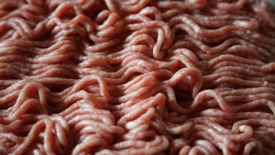Food Type
Recent Outbreaks of Listeriosis Linked to Fresh, Soft Queso Fresco-Type Cheeses in the U.S.
Since 2000, outbreaks have been attributed to fresh, soft Queso Fresco-type cheeses made from pasteurized milk, which have been contaminated by L. monocytogenes after pasteurization
Evelyn Pereira M.P.H.
Cerisé Hardy M.P.H.
Melinda Hayman Ph.D.
Amanda Conrad M.P.H.
Alexandra Palacios M.P.H.
Stelios Viazis Ph.D.
February 6, 2023
Pre-Harvest Strategies to Reduce Foodborne Pathogens in Red Meat Production
Many new pathogen reduction interventions have been implemented in recent years on the post-harvest side of animal-derived food production
February 6, 2023
Looking Back: E.coli O157:H7 and the Legacy of Dr. David Theno
The story of the 1992–1993 Jack in the Box outbreak is well documented, but how E. coli O157:H7 first showed up on the radar is less known
February 6, 2023
How Food Manufacturers Have Responded to the COVID-19 Pandemic—Part 2
Six of the seven facilities assessed reported a "noticeable" or "significant" improvement in food safety culture behaviors of workers
February 6, 2023
Never miss the latest news and trends driving the food safety industry
eNewsletter | Website | eMagazine
JOIN TODAY!Copyright ©2025. All Rights Reserved BNP Media.
Design, CMS, Hosting & Web Development :: ePublishing
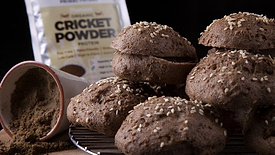
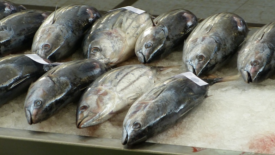

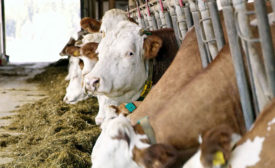

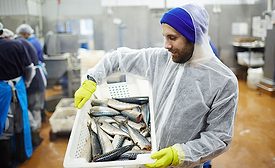

.png?height=168&t=1661887788&width=275)
